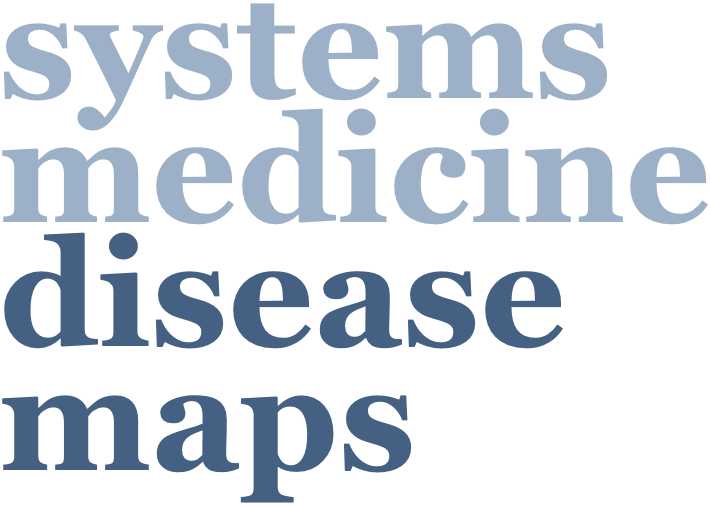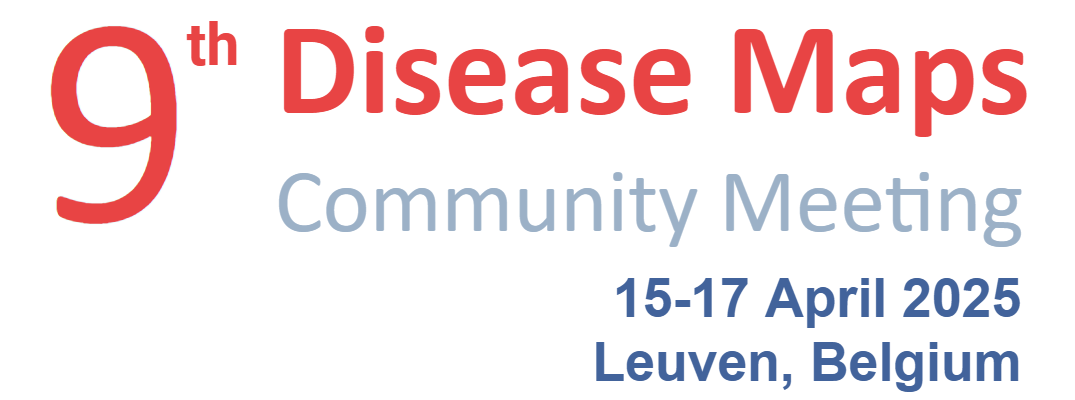

[back to the DMCM2025 Programme]
 |
Joaquín Dopazo, Head of the Computational Medicine Platform of Andalucia, Fundacion Progreso y Salud, Sevilla, Spain. |
About
“Dr. Joaquín Dopazo is director of the Computational Medicine Platform of the Progress and Health Foundation, Head Researcher at the Institute of Biomedicine of Seville (IBIS), group leader at the CIBERER and corresponding academic of the Royal National Academy of Medicine. He has a long career of more than 30 years as a researcher in data science oriented to personalized precision medicine, with more than 350 papers published and belongs to several societies related to Artificial Intelligence, such as ELLIS or the Spanish Society of Artificial Intelligence in Biomedicine, of which he is a founding member, or the MAQC, of which he was president. He has launched a Secure Processing Environment for the secondary use of medical data from the Andalusian Health System for clinical research and knowledge generation.”
Therapeutic target discovery and drug repurposing with causal modeling of disease maps and artificial intelligence.
I will present a methodology involving mathematical modeling of disease maps and artificial intelligence (AI) to expand them, that we use to construct digital twins of disease mechanisms. As this methodology incorporates the concept of causality it allows us to predict the effect of a molecular therapeutic intervention, such as an inhibition, activation, etc., caused by a drug. Mathematical models are used to model the molecular mechanisms of diseases, based on the knowledge of the disease map describing complex network of molecular interactions that account for the disease. Furthermore, AI algorithms “learn” with available molecular data of gene expression how (potential or actual) drug targets are related to the mechanism of the disease, providing a very realistic prediction of the intervention.
We have used this methodology to suggest protective drugs against severity (including death) in COVID-19, whose effect has been validated in a cohort of 16,000 patients. In addition, we are using it, with several successful cases already, within a strategy to address drug repositioning in rare diseases on a large scale, shifting the paradigm from focusing on one disease to targeting cross-disease molecular mechanisms. In addition, we will discuss the bioinformatics tools that we have made openly available to the scientific community to use this methodology.